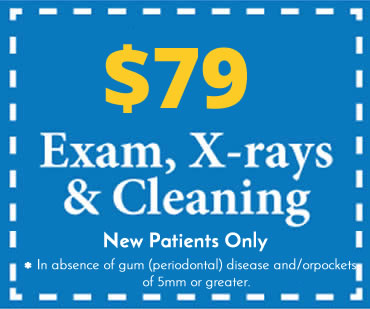Sedation dentistry, also known as “sleep dentistry,” refers to the practice of calming and relaxing a patient prior to a dental procedure with the use of pharmacological agents. Sedation dentistry began in the late 1700s when a chemist named Humphry Davy began experimenting with inhaled gasses and first observed the analgesic effects of nitrous oxide, commonly known as “laughing gas,” on himself and on dental patients.
In 1844, an American dentist named Horace Wells used nitrous oxide as a dental anesthetic during the extraction of his own molar tooth. Wells made the observation that while he experienced very little pain while undergoing the extraction, he was still fully conscious during the procedure. A few years later, dentist William Morton and surgeon John Warren performed a public oral surgery at Harvard University, demonstrating the analgesic properties of a sulfur-ether compound, further proving that sedation dentistry should be explored further.
For years, trial and error procedures informed doctors of the safety of various levels of pain-relieving gasses. It was discovered that 100% nitrous oxide, when used in prolonged dental cases, could lead to hypoxia, a condition in which the body is deprived of the oxygen it needs to thrive, something that can eventually lead to death. Finally, a Chicago surgeon named Dr. Edmund Andrews began mixing nitrous oxide with oxygen, administering them simultaneously. This allowed for safer analgesic options for both surgical and dental procedures. Ether and chloroform, combined with some nitrous oxide, was later shown to provide deeper sedation for prolonged treatments.
Intravenous (IV) sedation began in the 1960s at the Loma Linda University School of Dentistry in California. Dentists there experimented with IV sedation for the highest level of management for pain, anxiety and fear for dental patients undergoing surgery.
Today, dentists routinely turn to sedation dentistry for their patients to relieve pain, stress and to provide the most comfortable dental therapies as possible. Talk to your dentist to discover the latest sedation dentistry options and to see how they can help you positively experience your next dental procedure.
If you live in the Huntington Beach area contact us today



